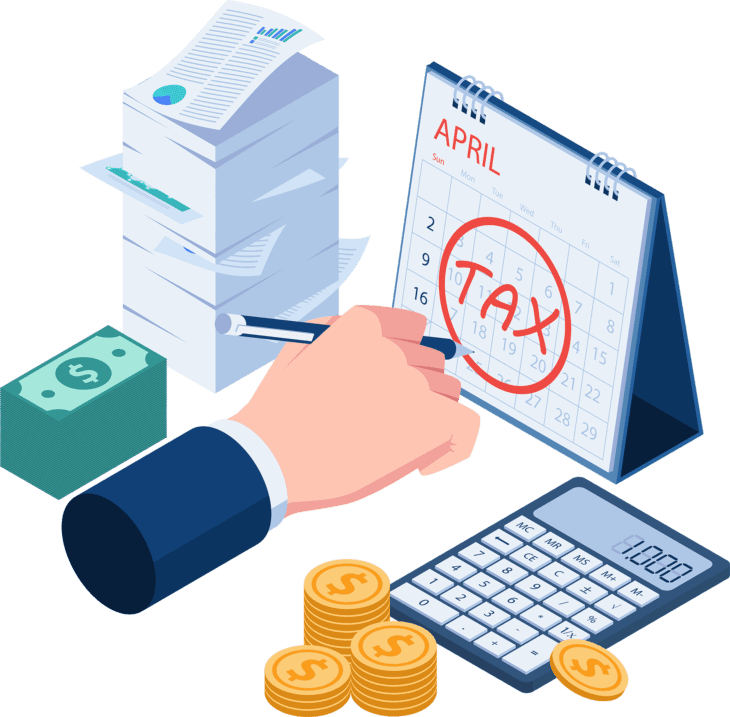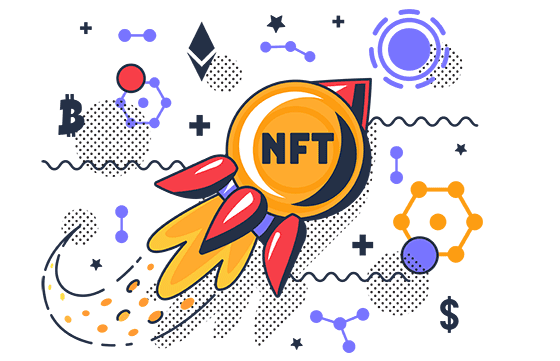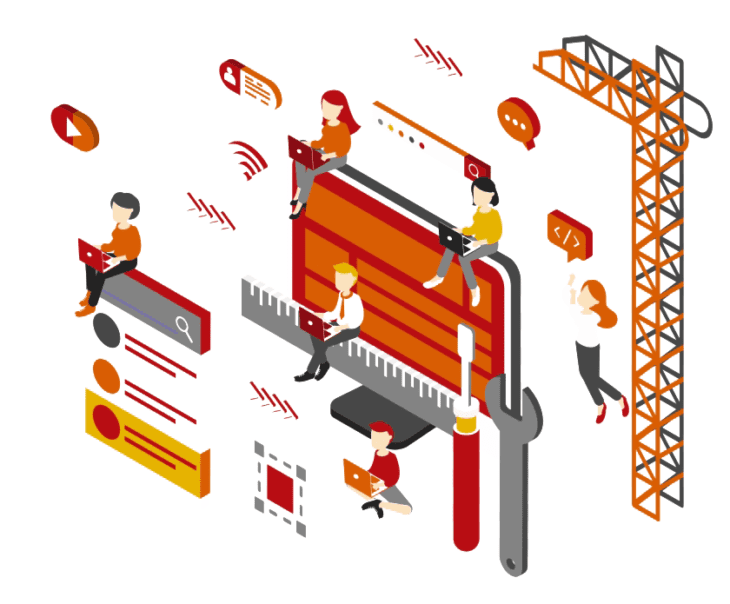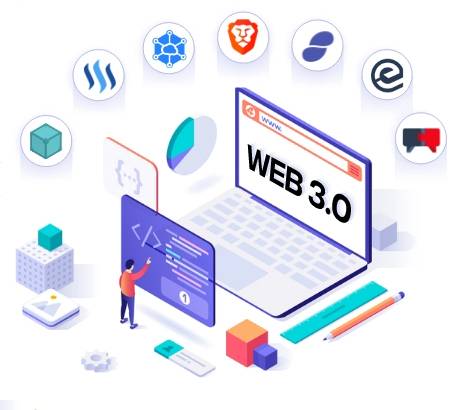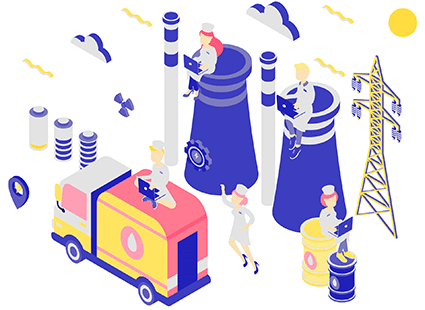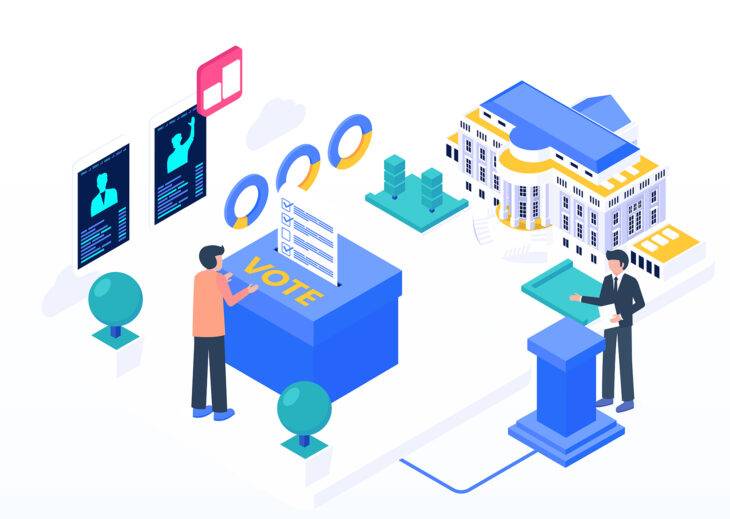Our planet as we knew it no longer exists due to the Covid-19 pandemic. As the world shifts to fully online operations, the flaws in fractured supply chains have become abundantly clear. Surprisingly, only a few businesses have been able to successfully remodel their supply chains in response to disruptions, while others fail. Agriculture and procurement have not seen significant modernization in decades, and in the face of uncertainty, the need for effective and scalable innovation becomes obvious. Blockchain technology will close procurement gaps and improve efficiency by unifying fragmented supply chains, enabling unprecedented transparency, trust, speed, and profitability in a world polarized by a global pandemic and political/economical unrest.
Reconciling broken supply chains
Manufacturers should re-align with new suppliers in less-affected regions to meet the volatile increase in demand. However, the disadvantage of this choice is the lack of trust typical of new trade partnerships, the inability to undertake physical verification, and the absence of reliable performance data. Similarly, suppliers can seek new buyers to liquidate inventory but need assurances of prompt payment. Other supply chain participants, such as financiers and logistics providers, must also redesign their activities to remain operational.
However, aligning these supply chains is not straightforward, considering each entity’s disparate and disconnected structures. Although traditional methods such as spreadsheets and email effectively get things started, they are unsustainable for large-scale operations and inevitably result in data inconsistency and disputes. By allowing accurate and reliable information to flow across the supply chain, blockchain technology may resolve these issues.
The Blockchain’s Impact on Procurement
Blockchain technology would allow unprecedented transparency across the entire Source-to-Pay process and supply chain. Numerous use cases for blockchain technology exist today and provide quantifiable benefits to procurement and supply chain management. One of the most pressing challenges facing businesses today is monitoring and tracing items before, during, and after shipping. Far too often, a vendor will send an item to a warehouse where it is exchanged for a knockoff without notifying the buyer. The distributed ledger functionality of Blockchain enables greater visibility and control for buyers and sellers from shipment to receipt, thus lowering the risk of fraud.
The Palm Oil Blockchain use case
Blockchain technology enables the tracking and traceability of transactions from the start of the supply chain (raw materials) to the end-user (retail), which is critical for both company brands and customers. Purposeful procurement is needed to provide customers with the clarity they want. As a result, clarity regarding tier one, two, or three suppliers is no longer sufficient. Complete visibility across the entire supply chain is critical.
Just 17% of the world’s palm oil output is certified sustainably produced. The WWF is collaborating with the Roundtable on Sustainable Palm Oil (RSPO) to achieve the target of certified palm oil at 100 percent.
Using blockchain technology to ensure data integrity
In a Blockchain-enabled environment, procurement teams may react more quickly to unexpected issues and continue doing business with less-affected players. It becomes easier to screen and onboard new suppliers using standardized APIs and business connectors, as well as track quality control and performance benchmarking. Similarly, such sites can provide accurate data on a buyer’s payment history and reputation. By minimizing delays and ensuring that products enter the areas most in need first, efficiency in supplier screening and onboarding can increase supply chain performance.
Data streamlining eliminates bottlenecks and guarantees accuracy
Consistency of data around the supply chain can make a significant difference when partnering with new business, both as a customer and as a supplier. Smart contracts may be used to automate payments upon transaction completion, thus eradicating conflicts by instant invoice verification. Links to real-time data can assist logistics service providers in optimizing distribution schedules and eliminating bottlenecks.
Buyers may establish auditable ties and use Blockchain to verify the authenticity of components used in the finished product or even the quality of ingredients in consumables and ensure that goods are sourced ethically and adhere to fair labor practices.
Twenty years ago, procurement made a significant bet on a fringe technology known as the Internet, which paved the way for a completely new paradigm of buying and selling. By adopting Blockchain, procurement organizations will pioneer the next wave of business-to-business collaboration technologies that will fundamentally alter the game rules.
This article is also published on LinkedIn and Medium.




